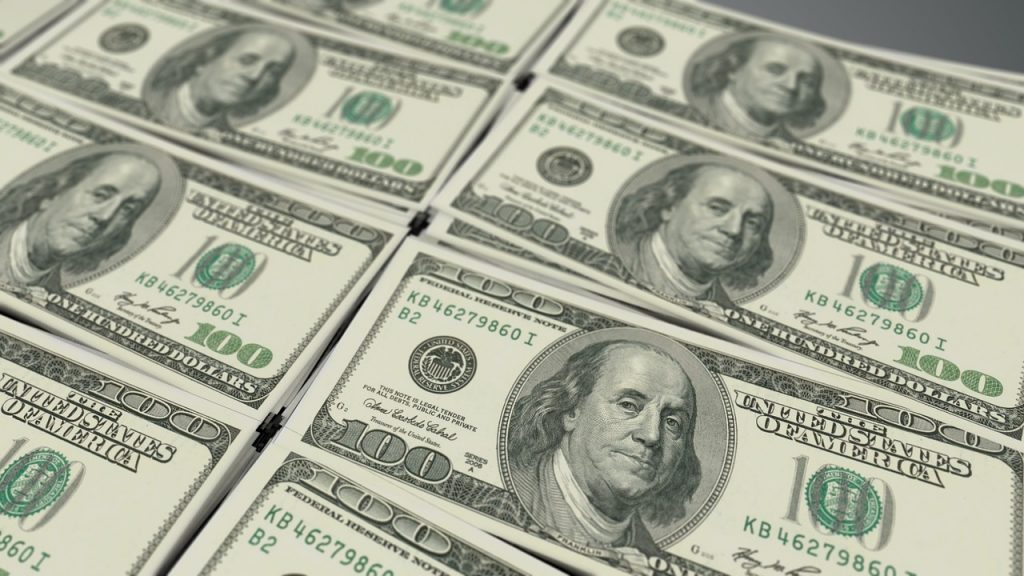
Rising interest rates are a hot topic right now. Many people are wondering how they will be affected by the increase, especially when it comes to buying a car. Car prices have been on the rise for some time now, and many experts believe that this trend will continue through 2022. If you’re in the market for a new vehicle, it’s important to understand how rising interest rates could impact your purchase. In this blog post, we’ll take a closer look at how interest rates affect car buying and what you can do to prepare yourself.
What are interest rates and how do they work?
Interest rates are the percentage of a loan that a lender charges for borrowing money. They can also beEarned on savings accounts and other investments. The interest rate you’re charged depends on several factors, including the type of loan, the prime interest rate, and your credit score. When you take out a loan, the interest rate is used to calculate the amount of interest you’ll owe each month.
This interest is added to your monthly payments, and over time it can add up to a significant amount of money. That’s why it’s important to shop around for the best interest rates before you take out a loan. You can use an online calculator to compare rates from different lenders and find the one that offers the lowest cost of borrowing. If you’re stuck in a high interest rate loan, it’s always an option to consider refinancing your auto loan to lower your interest rate, which will also lower your car payment.
How do rising interest rates affect car buying decisions for consumers nationally and in your state specifically?
Rising interest rates can have a big impact on car buying decisions for consumers, both nationally and in specific states. When interest rates go up, it usually means that loans for big purchases like cars will also have higher interest rates. This can make it more expensive to finance a car, and can lead people to either put off buying a new car or choose a less expensive model. In some cases, people may decide to lease a car instead of buying one outright, in order to keep their monthly payments lower.
Rising interest rates can also affect the resale value of cars, as people who are looking to trade in their old car for a new one may be willing to pay less if they know they’ll be facing higher interest rates on their loan. Ultimately, rising interest rates can have a big impact on the entire automotive market, both nationally and at the state level.
How can you prepare for rising interest rates when purchasing a car?
The interest rate on your car loan can have a big impact on your monthly payments – and the total amount you end up paying for your vehicle. That’s why it’s important to be aware of the current interest rates when you’re shopping for a new car. However, interest rates are constantly changing, and it can be difficult to predict where they will be in the future. If you’re worried about rising interest rates, there are a few things you can do to protect yourself.
First, try to get pre-approved for your loan before you start shopping for cars. This way, you’ll know what interest rate you qualify for and can lock in that rate for a certain period of time. You can also try to find a dealer that offers interest rate protection. This means that if rates go up during the life of your loan, you’ll still get the lower rate. By taking these steps, you can help ensure that you get the best possible deal on your car loan – no matter what happens with interest rates.
Are there any benefits to buying a car during a time of rising interest rates?
There are a few benefits to buying a car during a time of rising interest rates. One benefit is that you may be able to negotiate a lower price for the car. Since car dealerships are interested in selling as many cars as possible, they may be more willing to negotiate on price during a time of increased interest rates. Another benefit is that you may be able to get a better financing deal. With interest rates rising, lenders may be more willing to offer competitive financing deals in order to attract borrowers. Finally, rising interest rates may cause the value of used cars to decrease, so if you’re thinking of buying a used car, now may be a good time to do so.
Of course, there are also some risks associated with buying a car during a time of rising interest rates. For one, you may end up paying more for the car overall if you take out a loan with an adjustable interest rate. Additionally, if you’re planning on trading in your old car, it may be worth less due to the decrease in value of used cars. So, there are both risks and benefits to consider before buying a car during a time of rising interest rates.
The next time you’re in the market for a new set of wheels, keep interest rates in mind. Even a small increase can have a significant impact on your purchasing power. If you have any questions about how rising interest rates might affect your car purchase, don’t hesitate to reach out to us. We’d be happy to help!
